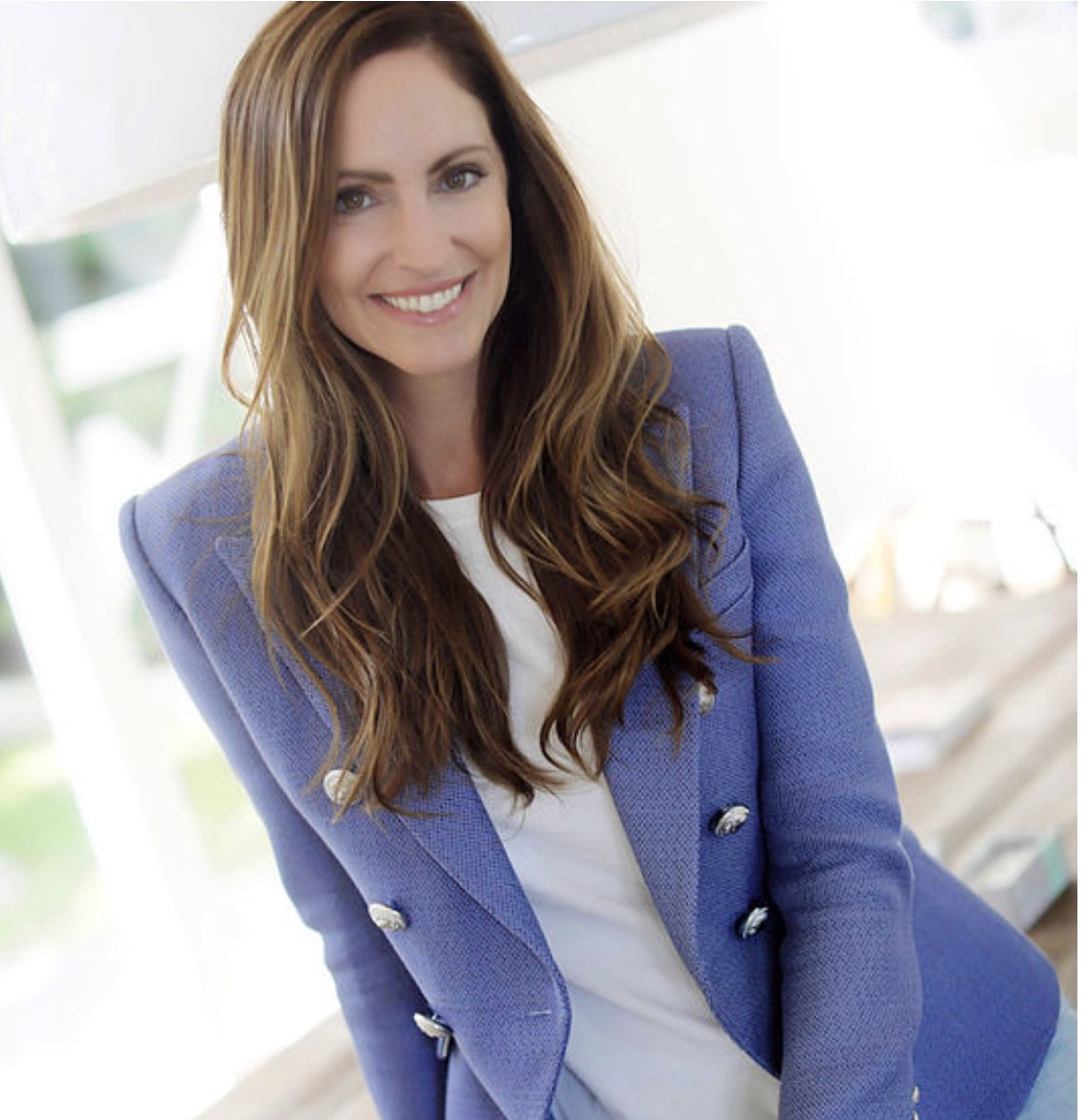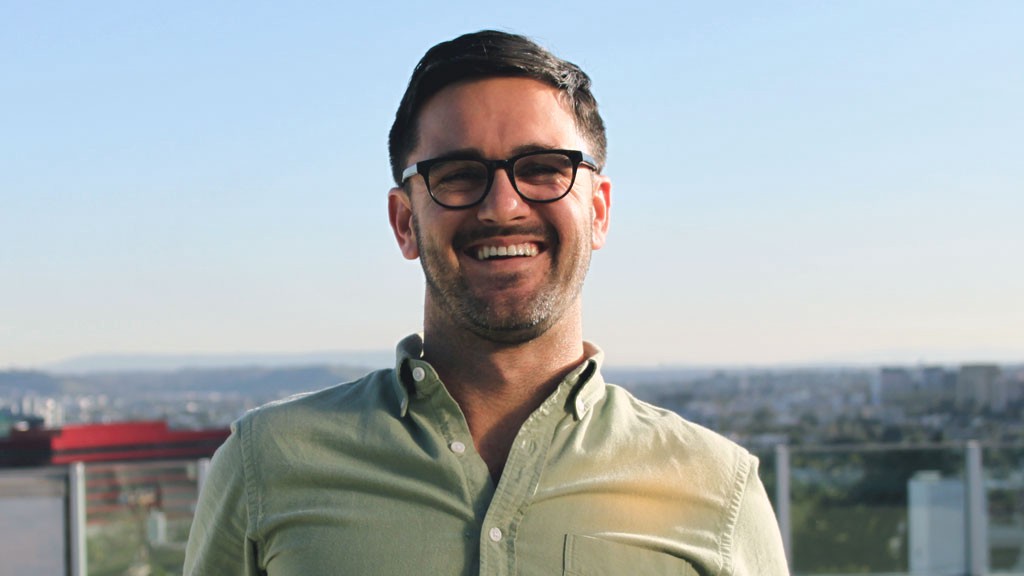Five successful angels tell Afore Capital how they got started, what they look for in a start-up, their biggest lessons, and other secrets.

In the 2007 Pixar film Ratatouille, the dour food critic Anton Ego has an epiphany thanks to being served the meal of his life by a gastronomically talented rat: ?Anyone can cook.? And just like anyone can cook, anyone ? with a few solid connection, a small amount of money in the bank, and a lot of faith ? can become an angel investor.
But those looking to embark upon a career as an angel investor should heed Ego?s words. Just because anyone can become an angel, doesn?t mean anyone can be a good one, or make a return on their investment, or help change the world.
What does it take to be a great angel investor? How do you get started? And what should founders look for in an angel? To find out, we spoke to five successful angels about their careers, their best investments, and the things they wish they?d known before they started. They are:
 Ryan Delk
Ryan Delk
Ryan Delk, founder of a to-be-announced startup, and was formerly the COO of Omni and led growth at Gumroad.
 Maia Bittner
Maia Bittner
Maia Bittner has raised multiple rounds of funding for her startups and sold Pinch, her most recent company, to Chime: the largest venture-backed neo-bank in the US.
 Aaron Schwartz
Aaron Schwartz
Aaron Schwartz is a multi-time founder, and currently VP of Business Development at Returnly.
 Jana Messerschmidt
Jana Messerschmidt
While Vice President of Global Business Development and Platform at Twitter, Jana Messerschmidt co-founded #ANGELS, an early stage angel investing collective. She is currently at Lightspeed Venture Partners.
 Jeff Morris, Jr.
Jeff Morris, Jr.
Jeff Morris, Jr. is the Director of Product, Growth at Lambda School, and the founder and GP of Chapter One. He was previously the Director of Product, Revenue at Tinder.
What Makes An Angel?
Becoming an angel investor doesn?t require heaps of money. In fact, many of the angel investors we spoke to started off by writing relatively small checks. But what you do have to have is belief: meeting a founder or team so good, ?you want to back every company they ever start,? explains Ryan Delk, who says he found such a team in his first investment, the outbound email platform Polymail (and has since backed the founder?s new company). ?For me, the idea of that company, while great, was secondary to the team itself, which was exceptional. So I wrote them a tiny check, which was all I could afford at the time.?
Maia Bittner, co-founder of Pinch, says having a personal connection to the problem a business is trying to solve is also something that pushes many people into angel investing, including her. Her first experience as an angel was in Upshift, a company working to reduce car ownership through temporary car rentals. ?I?d stumbled across the company and posted about them on Product Hunt, which prompted the founder, Ezra Goldman, to reach out,? she remembers. ?Ezra has deep industry experience, which helped convince me, but what really pushed me was that reducing car ownership is a problem I?m personally passionate about.?
What Do You Look For In A Founder?
Becoming an angel is definitely something of a crash course in investment. But if there?s one critical skill an angel needs, it?s how to recognize what makes a great founder, and how to cull the true revolutionaries from the wanna-bes.
The key to recognizing a great founder is to ask yourself whether or not they have an ?earned secret,? says Jeff Morris, Jr., director of Product and Growth at Lambda School. ?That?s some secret insight they?ve earned over the course of their careers, that not just anyone could know. People who have spent a long time thinking about a single problem, as opposed to entrepreneurs who just want to start a business and pick that problem out of a hat.?
This is often called founder/market fit. Jana Messerschmidt, an angel investor at #Angels now of Lightspeed Venture Partners, earmarks Travis vanderZanden, founder and current CEO of Bird, as a great example of the kind of founder with this fit: a serial entrepreneur in transportation who has sold his company Cherry to Lyft, then worked at Lyft, before turning to scooters because he understood how underserved the short, less-than-three-miles transit market really was.
Aaron Schwartz sums it up: ?Back founders with unique insights from their personal experience, and founders who intimately understand their customers.? Those are the ones worth investing in.
What Should Founders Look For In An Angel?
A good angel doesn?t just invest money into a founder?s business. They invest their time and expertise into it too. It?s these innumerables that represent the true value of the investment an angel can make into a company, says Maia Bittner. ?I think the best angels are the ones who are strong in areas that founders have self-identified as weakness,? she explains. ?It?s also important to focus on whether or not you like spending time with that angel, because ideally, you?re going to be working together for a very long time.?
Ryan Delk says there?s two types of angels founders should be on the lookout for. First, there are angels who are helpful externally, by helping introduce you to partners, customers, distribution, and so on. Tread carefully with these angels. ?My experience with these angels is that there?s quite a wide variance,? says Delk. ?Some of them are extremely helpful, but every founder has a story about an angel investor who promised a lot then never came through.?
On the other hand, though, are the ?internal? investors: those who have built companies themselves, and can help solve problems like hiring, bringing the business to scale, and so on. These angels are more useful in general than externally-focused investors whose promises are more intangible, but Delk says the most exceptional angels are a combination of both. If you find an angel like that, fight to get them on your cap table.
What Successful Angels Wish They Knew When They Started
Hindsight is, of course, 20/20. But there?s a lot to learn from other people?s mistakes.
Aaron Schwartz says that, if he could turn back the clock on his career as an angel investor, he?d want to know about how powerful informal networks of fellow angel investors can be, and to not view his other angels as potential competition. ?At Passport, we had one investor open up about $300,000 in other capital just through warm introductions to other ?small? checks,? he recalls. ?And now that we?re actually writing checks, other angels are always open to sharing deals and geeking out on opportunities.?
Maia Bittner says that she thinks she could have saved a lot of time early in her career if she?d mastered the art of saying ?no?. ?I wish I knew how to say no better. ?I?ve never invested in a startup I didn?t want to, but I have taken a lot of meetings, done a lot of phone calls, and reviewed a lot of decks I didn?t want to because I am still learning how to say ?no? better,? she says.
As for Jeff Morris, Jr.? The biggest thing he wishes he?d known at the beginning of his career was how much patience being an angel would require. ?In 2013, when I started, it was a special time in tech, and with companies like Uber and Airbnb bubbling up, it felt like becoming an angel investor was a quick way to return capital,? he says. ?I wish I?d known then how long it takes to build a great company, so I could have been more realistic in terms of timelines.?
The One Question Every Angel Should Ask Themselves
As we said at the beginning, anyone can be an angel investor. But that doesn?t mean everyone should be an angel, and of the investors we spoke to, all agreed: it?s not for the meek. Jana Messerschmnidt of Lightspeed Venture Partners says: ?Angel investing at the pre-seed/seed stage is incredibly risky. Are you prepared to never see this money again??
Maia Bittner agrees. ?You need to ask yourself: what if I fail to get returns? Is this still how I want to spend my time? Going through that thought exercise is important, because it helps set up boundaries. Just be honest with yourself: if investing is a hobby for you, okay, fine, but maybe consider taking up something cheaper, like rock climbing or lighting money on fire instead.?
The takeaway? ?The biggest question any angel needs to ask themselves is if they?re in this for fun or as a serious endeavor,? says Aaron Schwartz. ?There are so many startups ? but there?s also so much competition from investors. If you?re going to invest seriously, make sure you?re ready to put in the work. It only took me about 10 years to get to that point.?


